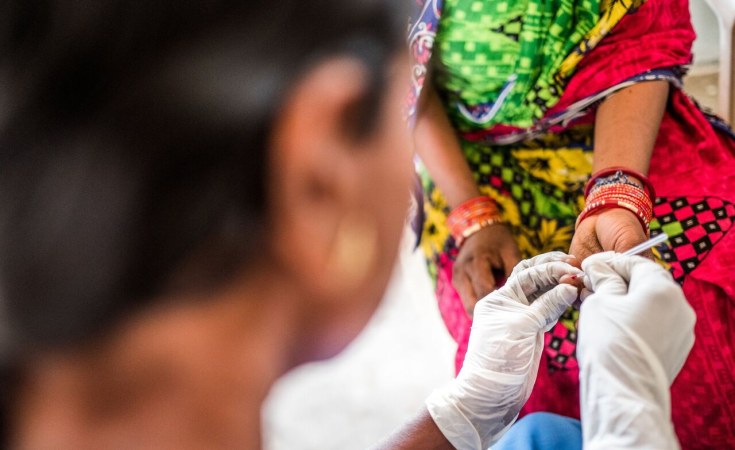Monrovia — I woke up feeling the headache and chills, and made a couple of trips to the bathroom to ease the nausea. The experience was all too familiar; I was having another bout of malaria, even though that wasn't changing my day's routine. Growing up here, I have suffered more than a dozen times from the disease. A trip to the nearby clinic was going to be later in the day.
This is typical for many Liberians. The onset of high fever is almost certain to be a case of malaria. Even without a professional diagnosis, the sufferer will proceed to ingest available medications, usually an herb. According to the 2011 Liberia Malaria Indicator Survey, hospital records suggest that at least 33 percent of all in-patient deaths in Liberia and 41 percent of deaths among children under five are attributed to malaria. A lot of progress has been made over the years, but the numbers remain high.
Monrovia is essentially built on swampy lands, and the population of the city has more than doubled since the end of the civil war. The lack of piped water and heavy rains from May to October make it a breeding ground for mosquitoes. Most Liberian households have at least one malaria sufferer at any given point, and mine's no exception.
My experiences with the disease have ranged from mild to severe. Conventional home remedies like chloroquine, quinine and more recently, artesunate, usually heal the symptoms. But I have also experimented with the "Sekou Toure leaves", the popular herb used by low-income households. The leaves are picked from trees scattered across parts of Monrovia and cooked. One then drinks an unmeasured quantity of the water in which the leaves were boiled. The cooking takes away some of the bitterness. The efficacy of the herb is not a subject of debate here, even if the safety is.
After my announcement to workmates (some of whom are not African) that I was having malaria symptoms, it created a buzz of conversation on Facebook. "OMG, does Boakai have malaria?" exclaimed one. "Yeah we get it all the time," responded another. I could tell they were looking out for me. But even more, it reflected our diversity: one regards the disease lightly, while others consider it almost as a death sentence.
While many here think their exposure to the disease has created a certain amount of immunity, I have seen others, mainly expats, who take extra precautions.
Although preventable and curable, malaria remains a major public health problem in Liberia. It takes a toll on young children and pregnant women. A Unicef report says, on average, a Liberian child under the age of five experiences two episodes of fever a year due to malaria, making it the leading cause of childhood mortality.
This grim assessment made us take extra precautions in our household when our son, now five months old, was born. Unlike before, screens have been placed on every door and window in addition to having him sleep under a mosquito net at all times. That still has not kept my wife and I from doing regular checks for signs of mosquito bites. This was reinforced when a neighbour's baby - the same age as our son - spent days in intensive care after being infected with the disease.
The government says it has achieved a 100 percent bed net coverage of households, a scale-up from 2005 when that figure was under 10 percent. This, it says, has led to a significant decline in morbidity. But as Liberians like to say, "the struggle continues".


